| As the Olympics begin, more people than ever will be watching via streaming services. We examine the changing viewing habits transforming (https://www.economist.com/briefing/2024/07/25/a-shift-in-the-media-business-is-changing-what-it-is-to-be-a-sports-fan?utm_campaign=a.io&utm_medium=audio.podcast.np&utm_source=theintelligence&utm_content=discovery.content.anonymous.tr_shownotes_na-na_article&utm_term=sa.listeners) sport’s role in the broadcast business. The sentencing (https://www.economist.com/europe/2024/07/19/russia-sentences-evan-gershkovich-to-16-years-on-bogus-spying-charges?utm_campaign=a.io&utm_medium=audio.podcast.np&utm_source=theintelligence&utm_content=discovery.content.anonymous.tr_shownotes_na-na_article&utm_term=sa.listeners) of Evan Gershkovich, an American journalist, reveals the empty, performative nature of justice in Russia today (11:10). And the internet has dubbed Kamala Harris “brat (https://www.economist.com/united-states/2024/07/25/is-kamala-harris-brat?utm_campaign=a.io&utm_medium=audio.podcast.np&utm_source=theintelligence&utm_content=discovery.content.anonymous.tr_shownotes_na-na_article&utm_term=sa.listeners)”—and that is a kind of compliment (18:34). Get a world of insights by subscribing to Economist Podcasts+ (https://subscribenow.economist.com/podcasts-plus). For more information about how to access Economist Podcasts+, please visit our FAQs page (https://myaccount.economist.com/s/article/What-is-Economist-Podcasts) or watch our video () explaining how to link your account. Hosted on Acast. See acast.com/privacy (https://acast.com/privacy) for more information. |
Tags: Featured,newsletter




















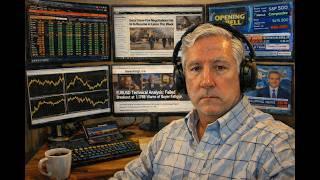
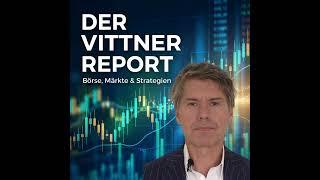
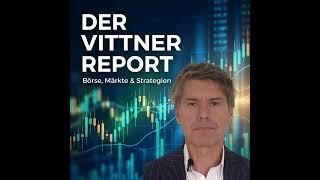
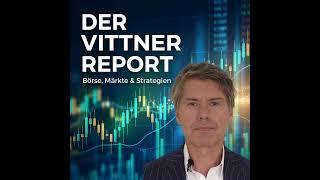
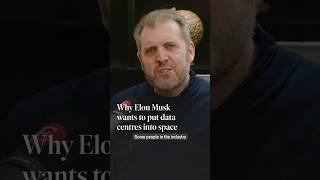


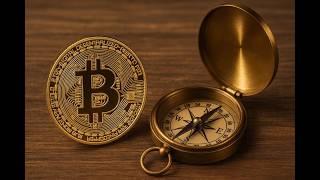


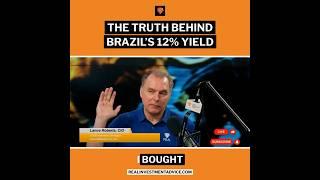

1 pings